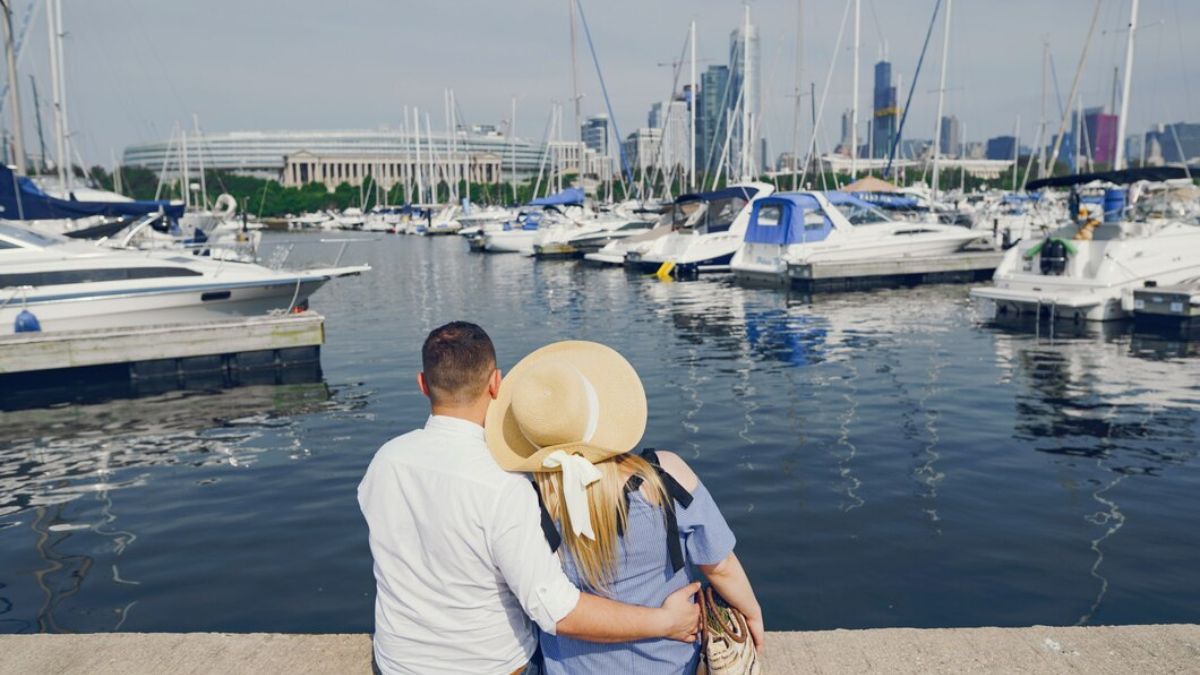Deciding whether to buy a boat is a significant decision that involves weighing the joys of open-water adventures against the practical considerations of ownership. Here’s a detailed exploration of the factors to consider when thinking about purchasing a boat.
Advantages of Owning a Boat
- Recreational Opportunities: Owning a boat opens up a vast array of recreational activities, from fishing and waterskiing to sailing and island-hopping. It allows you to explore waterways, lakes, and oceans at your leisure, offering endless adventure and relaxation opportunities.
- Family and Social Benefits: Boating can be a wonderful way to spend quality time with family and friends. It provides a unique setting for bonding, whether it’s relaxing under the sun, participating in water sports, or enjoying a sunset cruise. You can even look into boat transport so that you’re not restricted to only using your boat in a certain area.
- Health and Wellness: Being on the water can have significant mental and physical health benefits. It offers a great way to disconnect from the stress of daily life and engage in physical activities like swimming and snorkeling.
- Potential Financial Benefits: While boating is generally considered an expensive hobby, certain types of boats, like fishing boats, can serve commercial purposes, potentially offering a return on investment.
Disadvantages of Owning a Boat
- High Costs: The initial purchase is just the beginning. Owning a boat comes with ongoing costs, including maintenance, repairs, fuel, storage, insurance, and registration fees. These expenses can add up quickly and are ongoing regardless of how much you use the boat.
- Depreciation: Like cars, boats depreciate over time. New boats can lose a significant portion of their value within the first few years, making them a less attractive option for those concerned about investment value.
- Maintenance and Upkeep: Boats require regular maintenance to keep them in good operating condition. This includes engine maintenance, hull cleaning to prevent fouling, and sometimes costly repairs. Neglecting these tasks can lead to bigger, more expensive problems down the line.
- Time Commitment: Owning a boat is a time-consuming hobby. Aside from the actual time spent boating, you’ll need to dedicate time for maintenance, cleaning, and preparation for seasonal changes.
- Environmental Considerations: Boating can have a significant environmental impact, from fuel emissions to potential risks of oil and fuel leaks. Responsible boat ownership requires a commitment to minimizing this impact through proper maintenance and eco-friendly practices.
Key Considerations Before Buying
- Usage: Consider how often you will realistically use the boat. If you only plan to use it a few times a year, renting might be a more cost-effective and less burdensome option.
- Type of Boat: The type of boat should align with your intended use. Fishing boats, sailboats, and yachts offer different experiences and come with varying costs and maintenance needs.
- Storage: Determine where you will store the boat. In-water storage at a marina can be convenient but expensive, while trailer storage requires a vehicle capable of towing and space to store the trailer.
- Financial Planning: Make sure your budget comfortably includes the purchase price and the ongoing costs of ownership.
Conclusion
Buying a boat can enhance your lifestyle, offering unique recreational opportunities and personal satisfaction. However, it’s essential to approach the purchase with a clear understanding of the financial and time commitments involved. Consider all aspects carefully to decide whether boat ownership aligns with your lifestyle and financial situation. Ultimately, the decision to buy a boat should balance your passion for the water with practical considerations.
